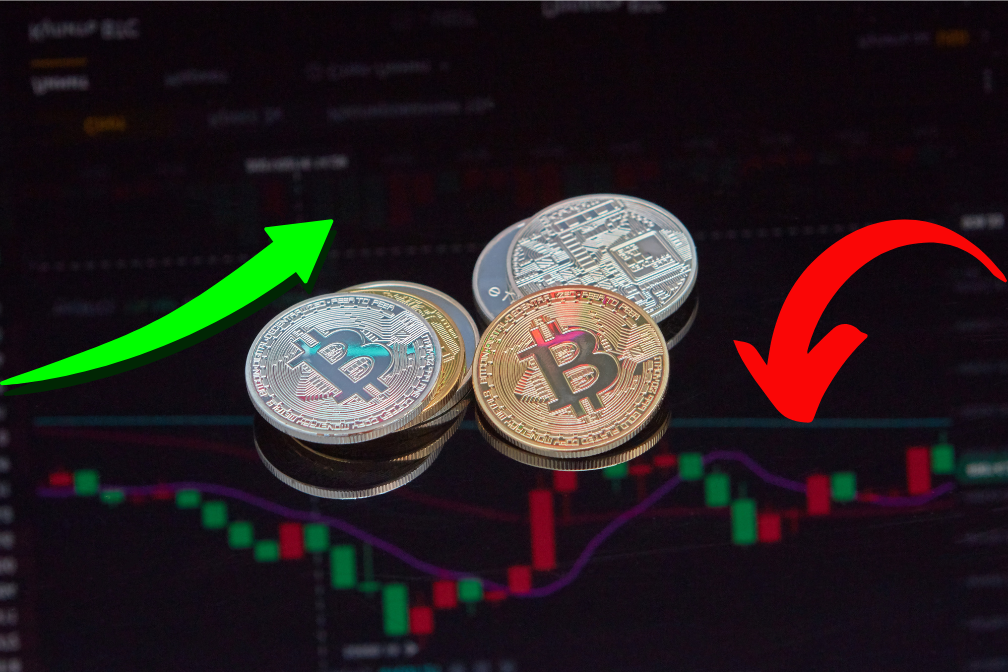Cryptocurrency Security and Risks: Navigating the Digital Landscape
- Written by Cryptologic

Cryptocurrency, a digital or virtual form of currency that uses cryptography for security, has indeed gained significant popularity in recent years. Its decentralised nature, potential for high returns, and the promise of user anonymity have attracted millions of users worldwide. However, as with any financial system, the cryptocurrency ecosystem is not without its security challenges and risks.
Overview of Cryptocurrency Security:
Security is of paramount importance in the cryptocurrency ecosystem. Unlike traditional financial systems, where a bank or financial institution safeguards your money, in the cryptocurrency world, the responsibility of security falls on the individual user. Cryptocurrencies are stored in digital wallets, which are secured by private keys - a complex form of cryptography. If these keys are lost or stolen, the user can lose all their cryptocurrency with very little chance of recovery.
Moreover, the decentralised and largely unregulated nature of cryptocurrencies makes them an attractive target for hackers and cybercriminals. Over the years, there have been numerous instances of security breaches, where hackers have managed to steal millions of dollars worth of cryptocurrency from individual wallets and even entire cryptocurrency exchanges.
Understanding the Risks:
Understanding the risks involved in using and investing in cryptocurrencies is crucial for any user. Here are some of the key security challenges and risks associated with cryptocurrency:
- Wallet Vulnerabilities: Digital wallets, where cryptocurrencies are stored, can be vulnerable to various security threats, including malware attacks, phishing scams, and brute force attacks. If a hacker gains access to a user's wallet or the private keys, they can transfer all the funds to their own wallet, with the transaction being irreversible.
- Exchange Hacks: Cryptocurrency exchanges, platforms where users can buy, sell, and trade cryptocurrencies, have been a prime target for hackers. High-profile hacks, such as the Mt. Gox hack in 2014 and the Coincheck hack in 2018 have resulted in the loss of millions of dollars worth of cryptocurrency.
- Fraud and Scams: The cryptocurrency space has been rife with various forms of fraud and scams, including Ponzi schemes, pump-and-dump schemes, and initial coin offering (ICO) scams. These scams often promise high returns to lure in unsuspecting investors.
- Lack of Regulation: The lack of consistent regulation across countries adds to the risk of investing in cryptocurrencies. While some countries have embraced cryptocurrencies, others have banned them outright. This regulatory uncertainty can lead to market volatility and potential legal issues for users.
- Privacy Concerns: While cryptocurrencies are often touted for their privacy features, they are not entirely anonymous. Most cryptocurrencies operate on public blockchains, which means that all transactions are publicly visible. While the identities of the users are not directly attached to these transactions, sophisticated analysis techniques can potentially link individuals to their cryptocurrency transactions.
- Technical Risks: Cryptocurrencies rely on complex cryptographic algorithms and blockchain technology. Any fundamental flaws in these technologies could potentially be exploited by attackers, leading to a loss of funds. Additionally, user error, such as losing a wallet's private keys, can also result in a permanent loss of funds.






